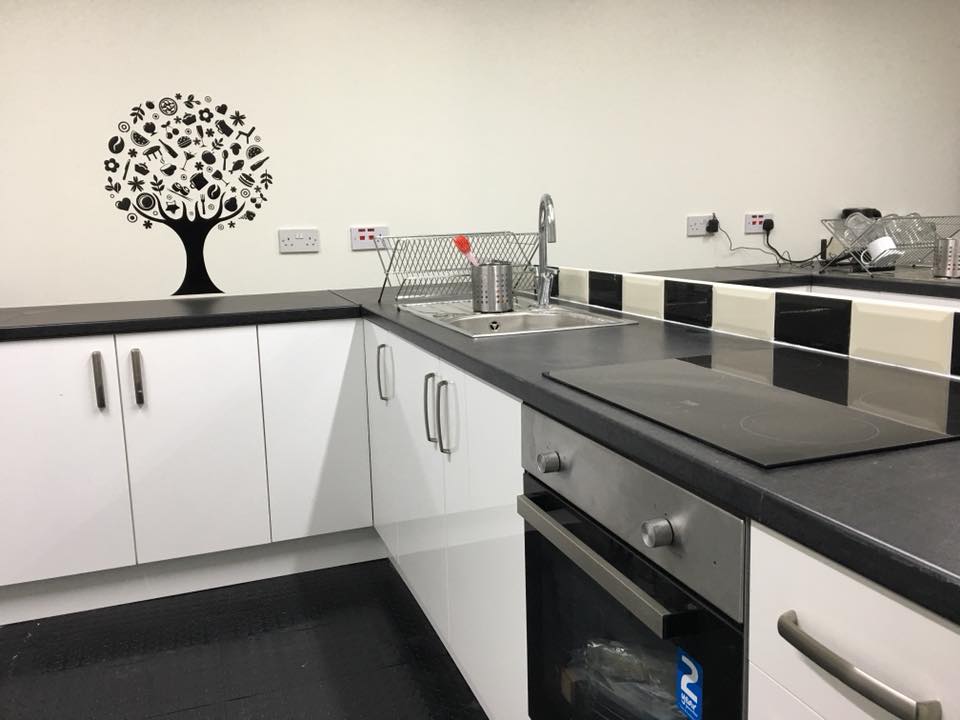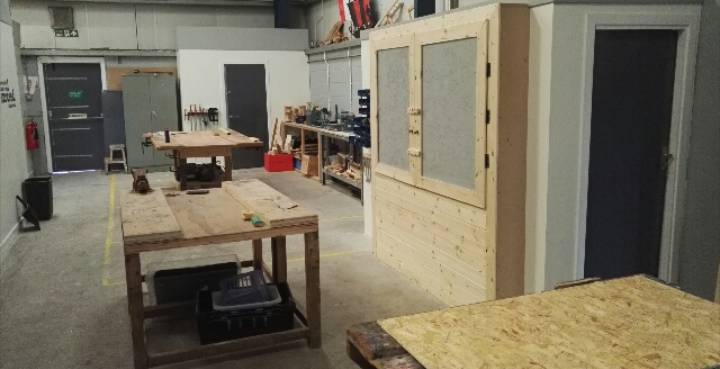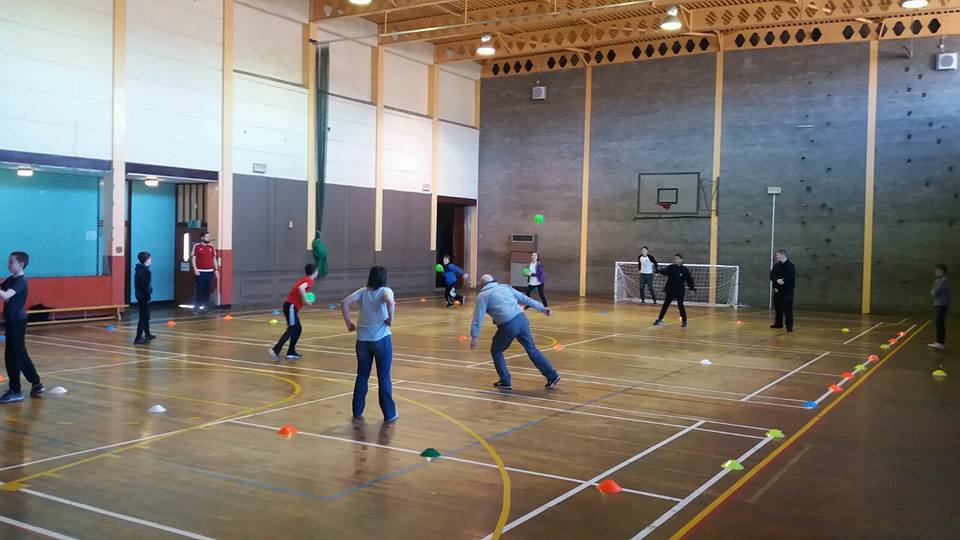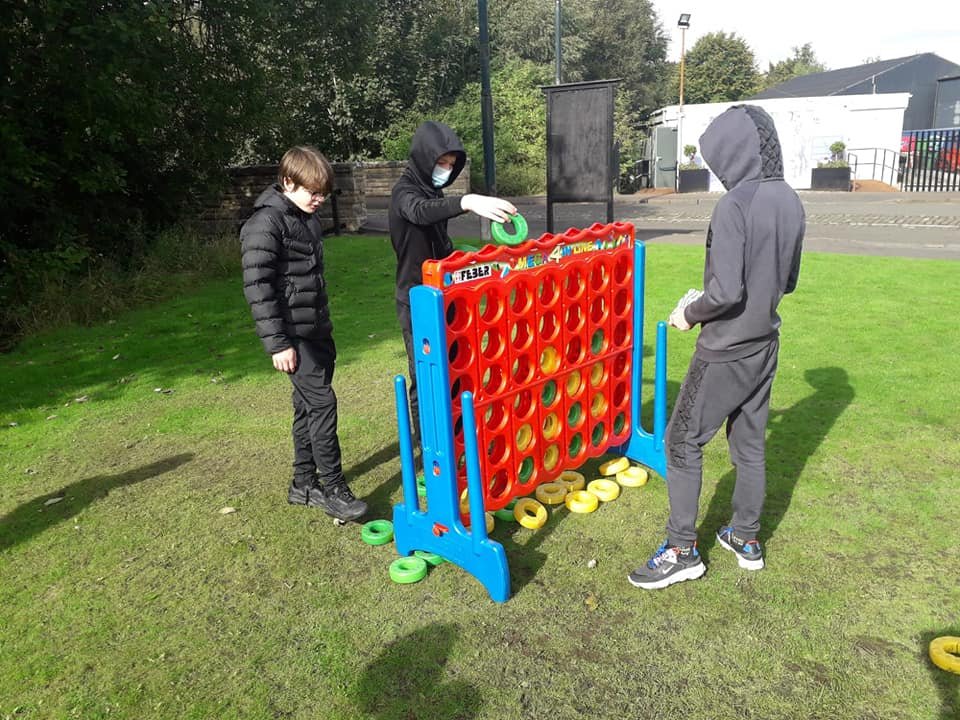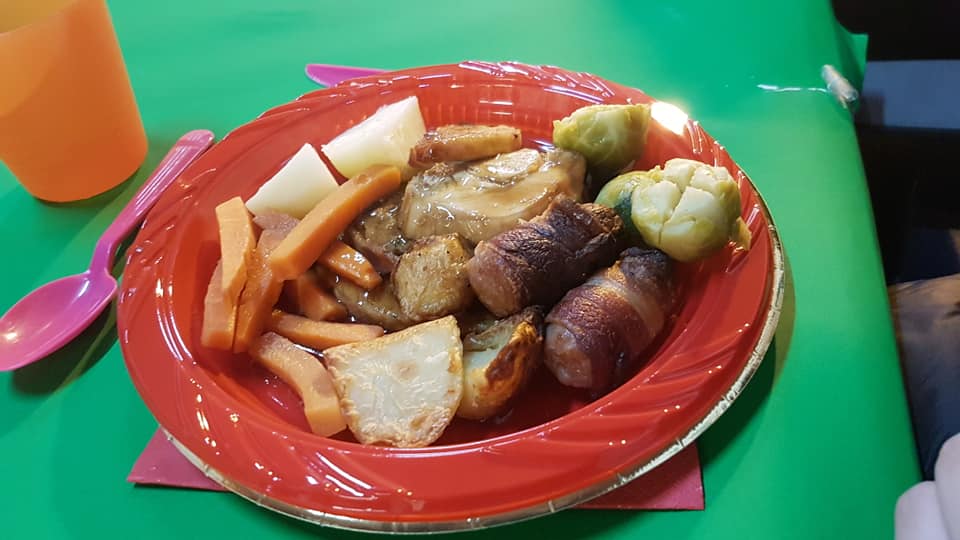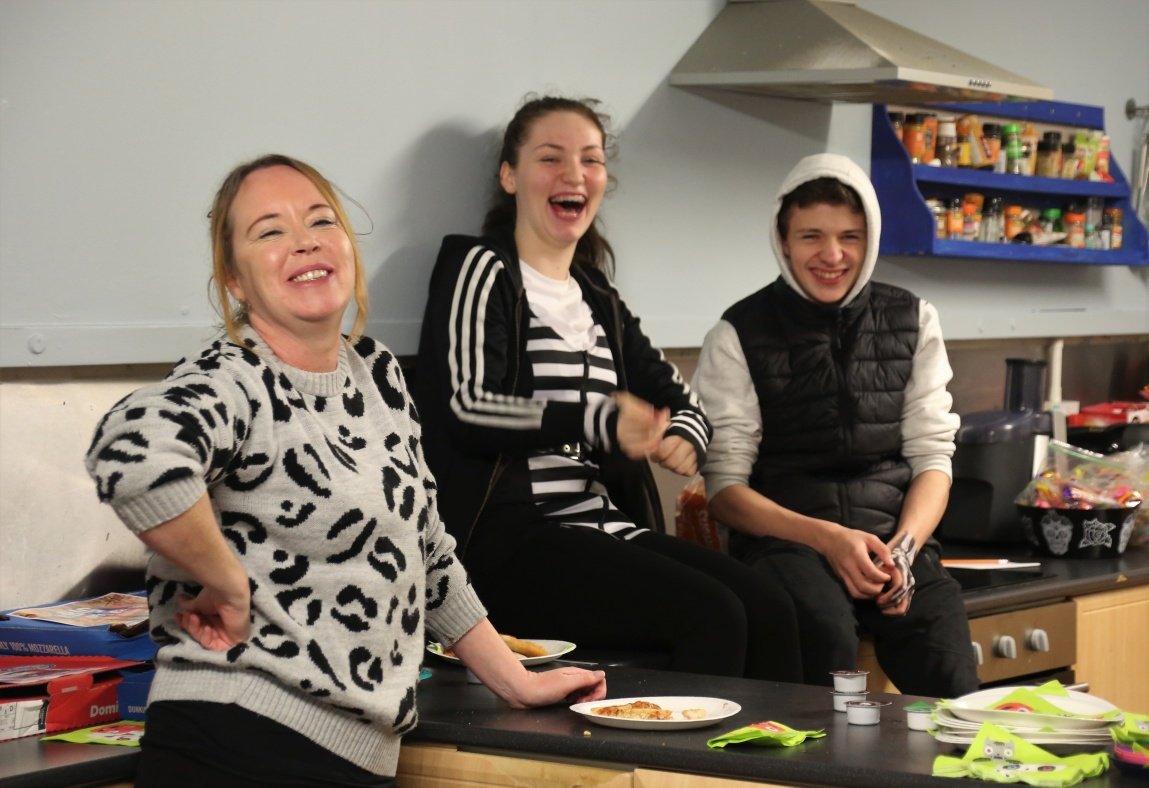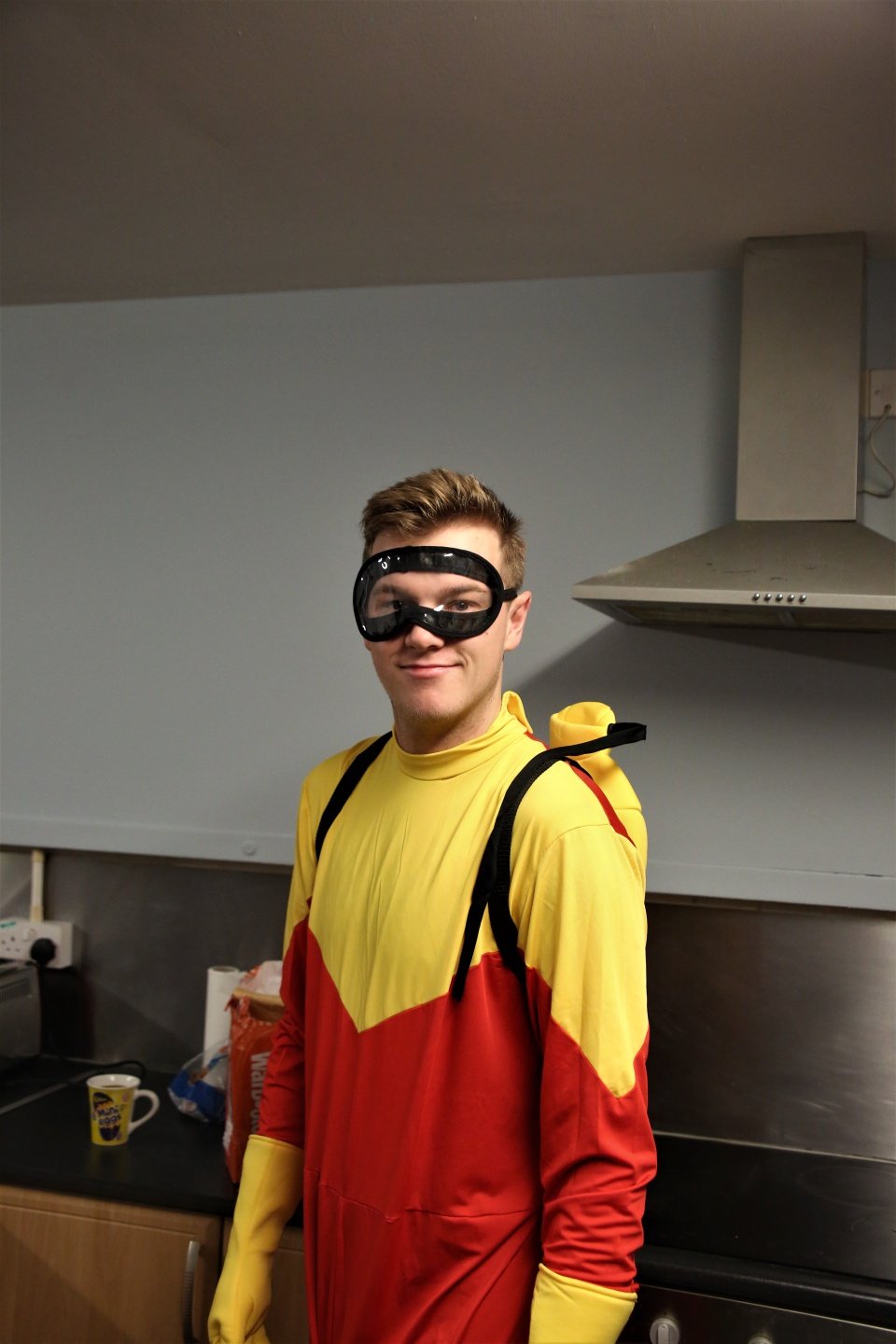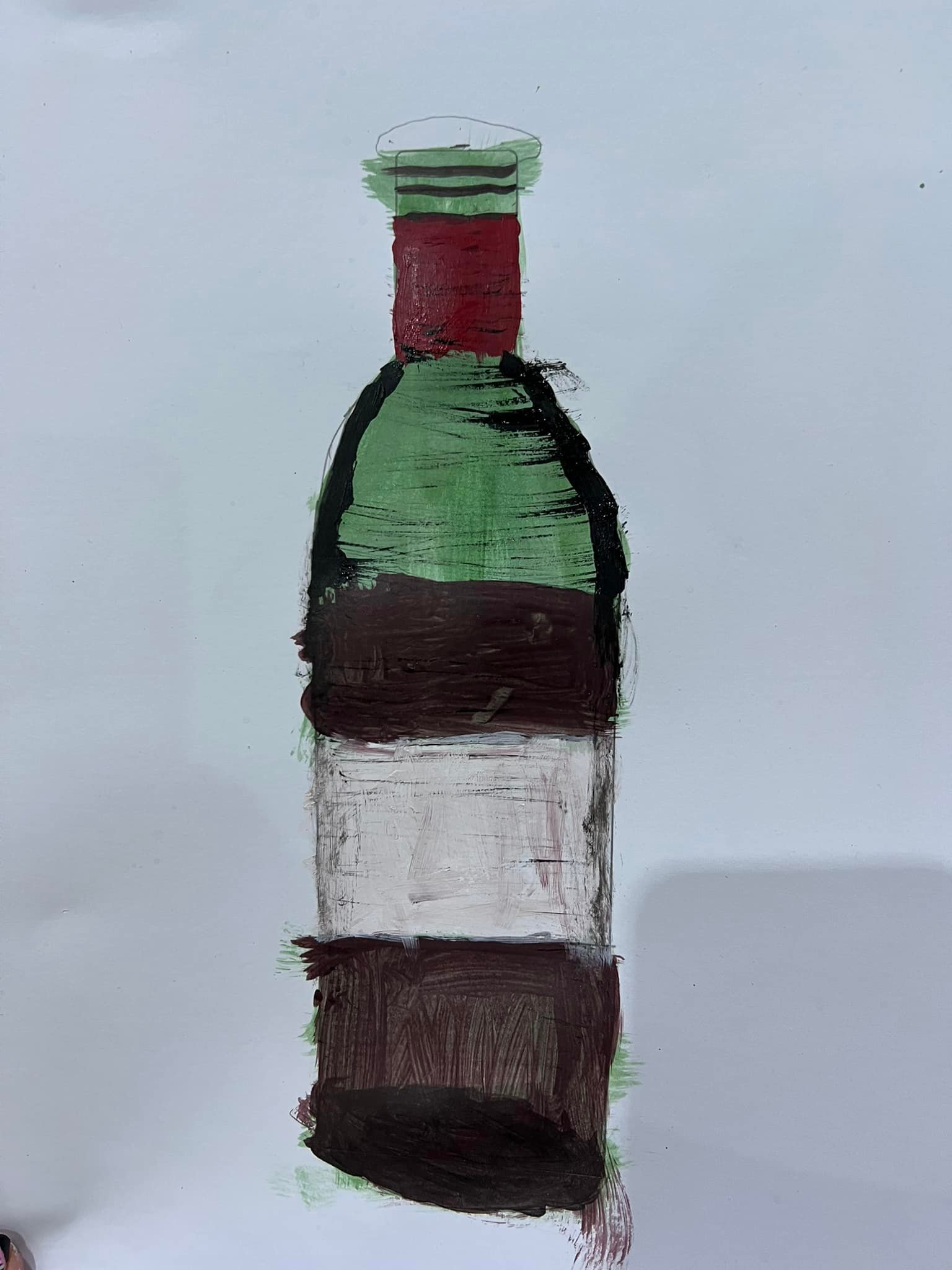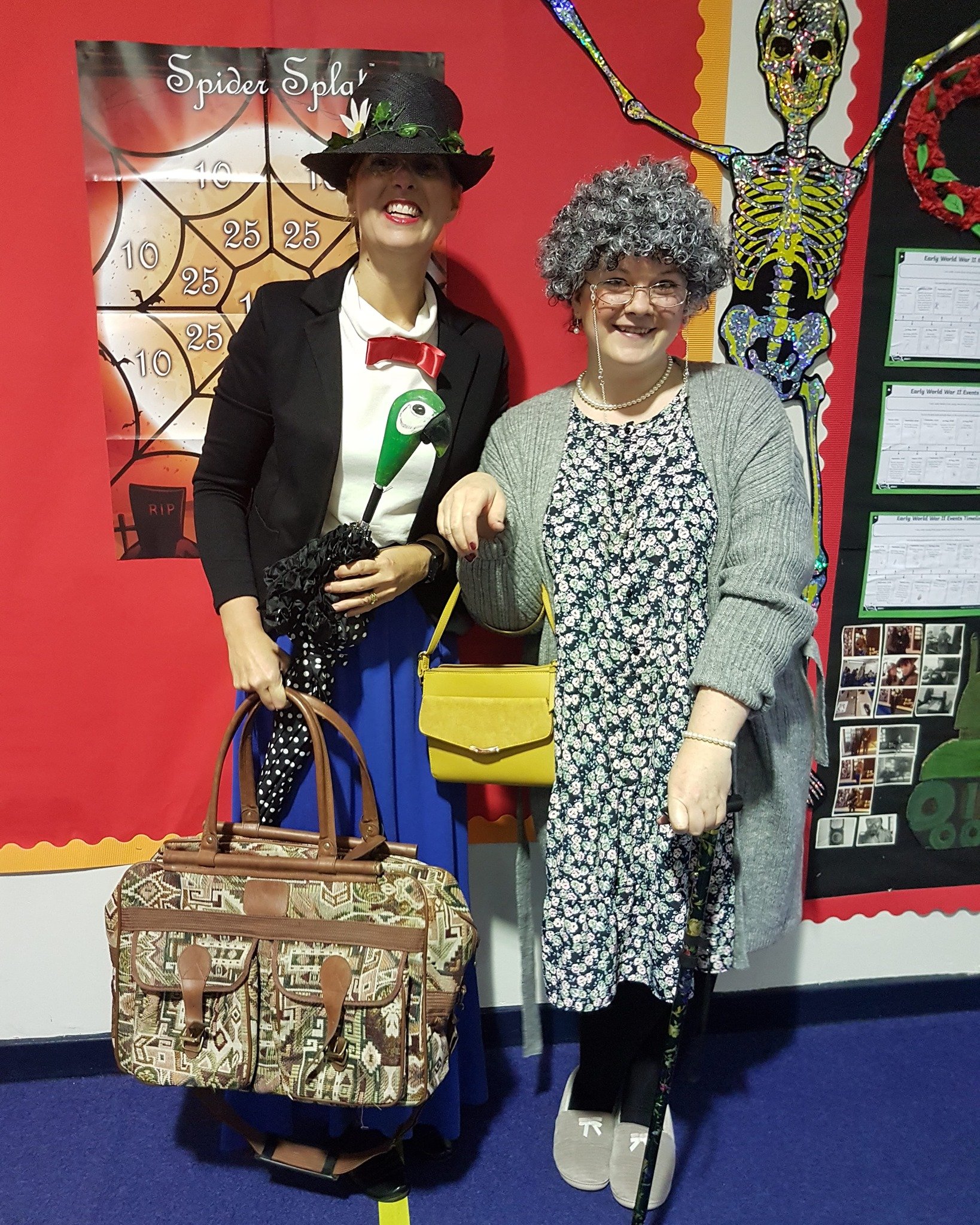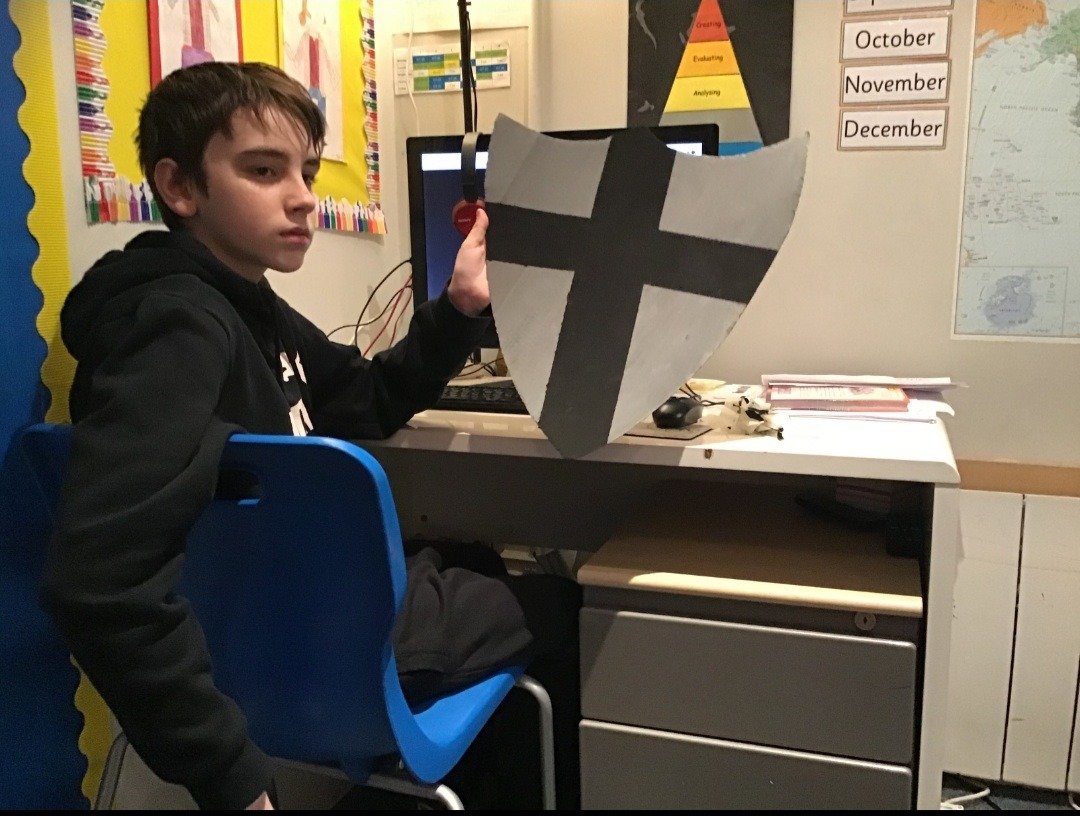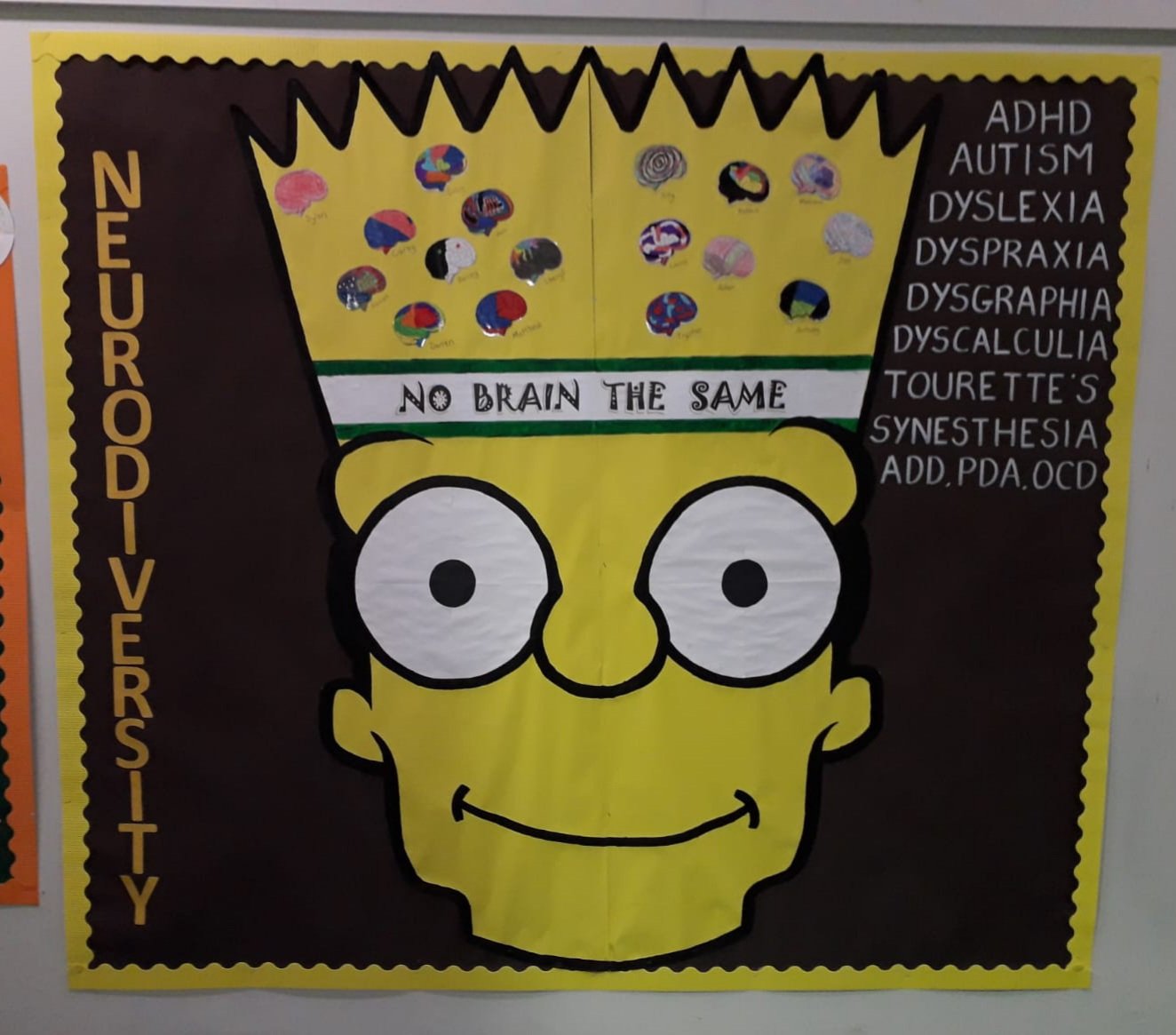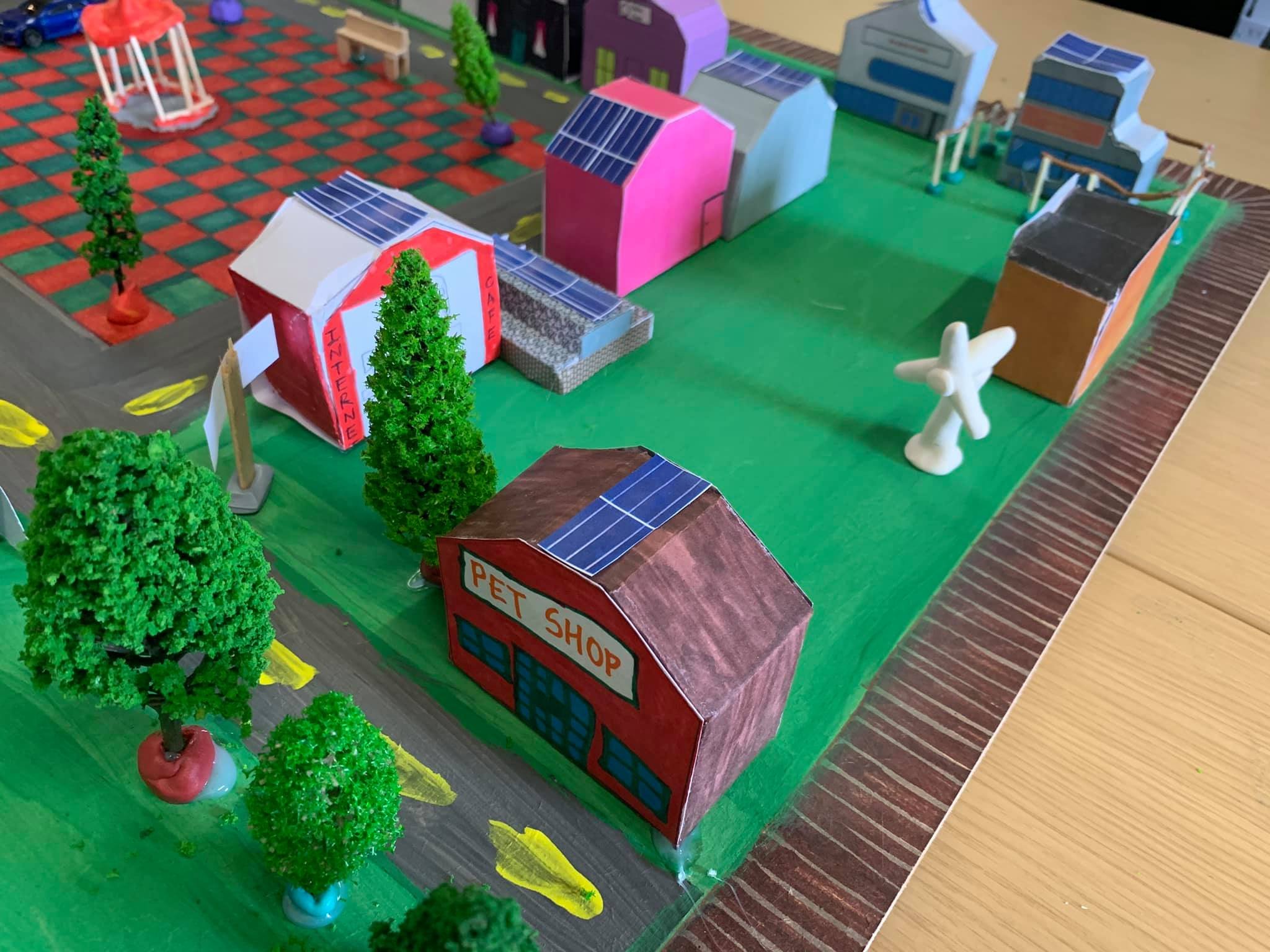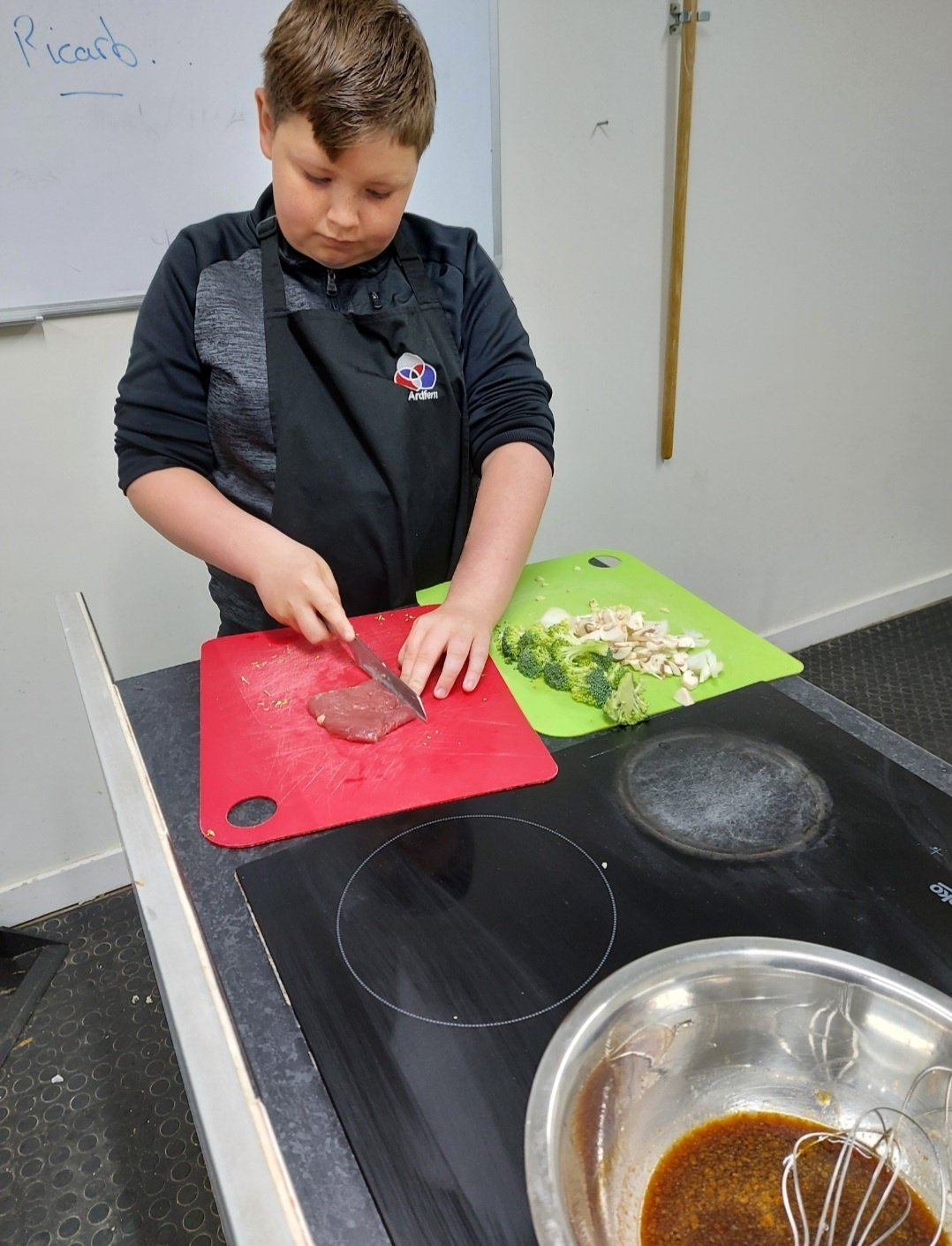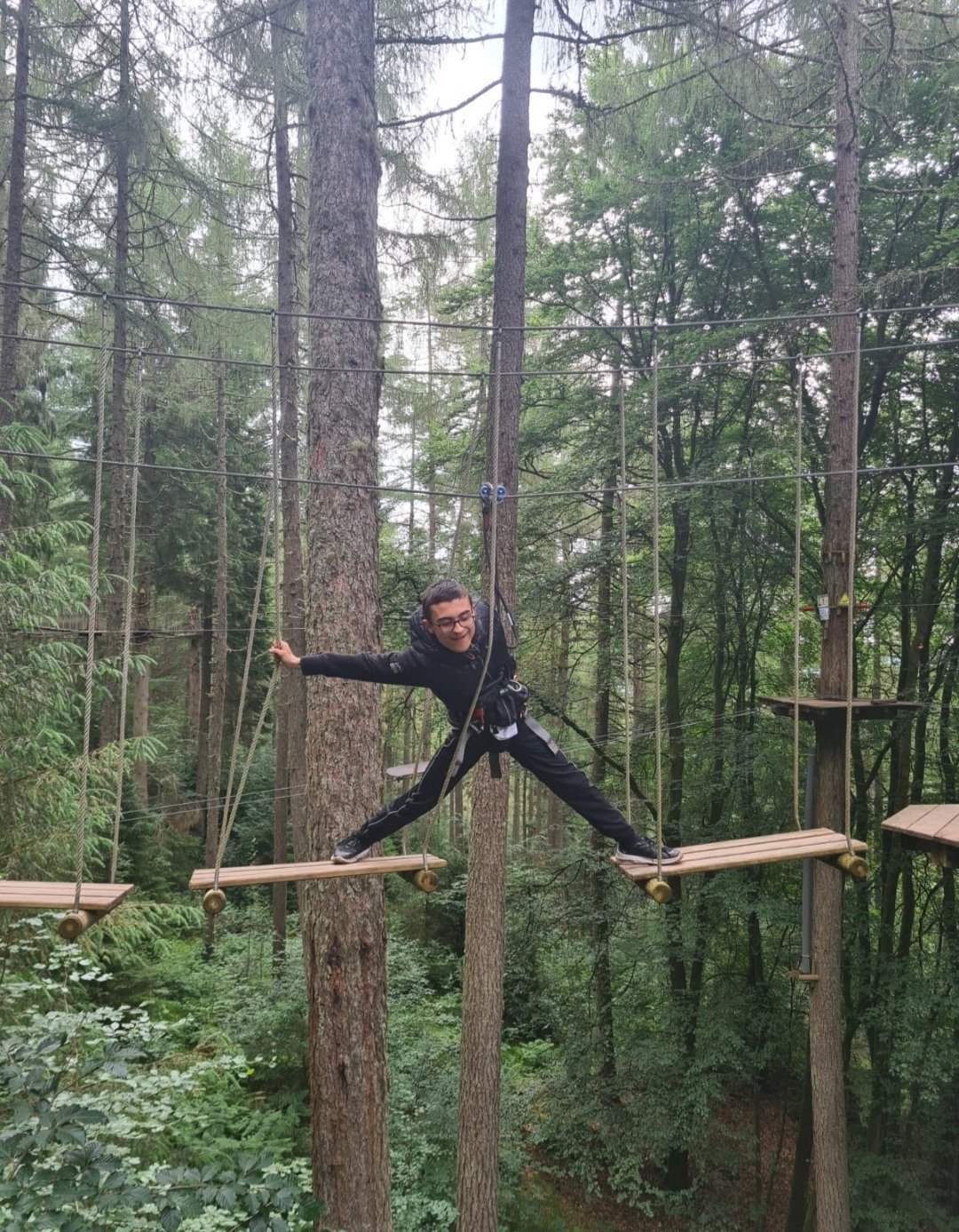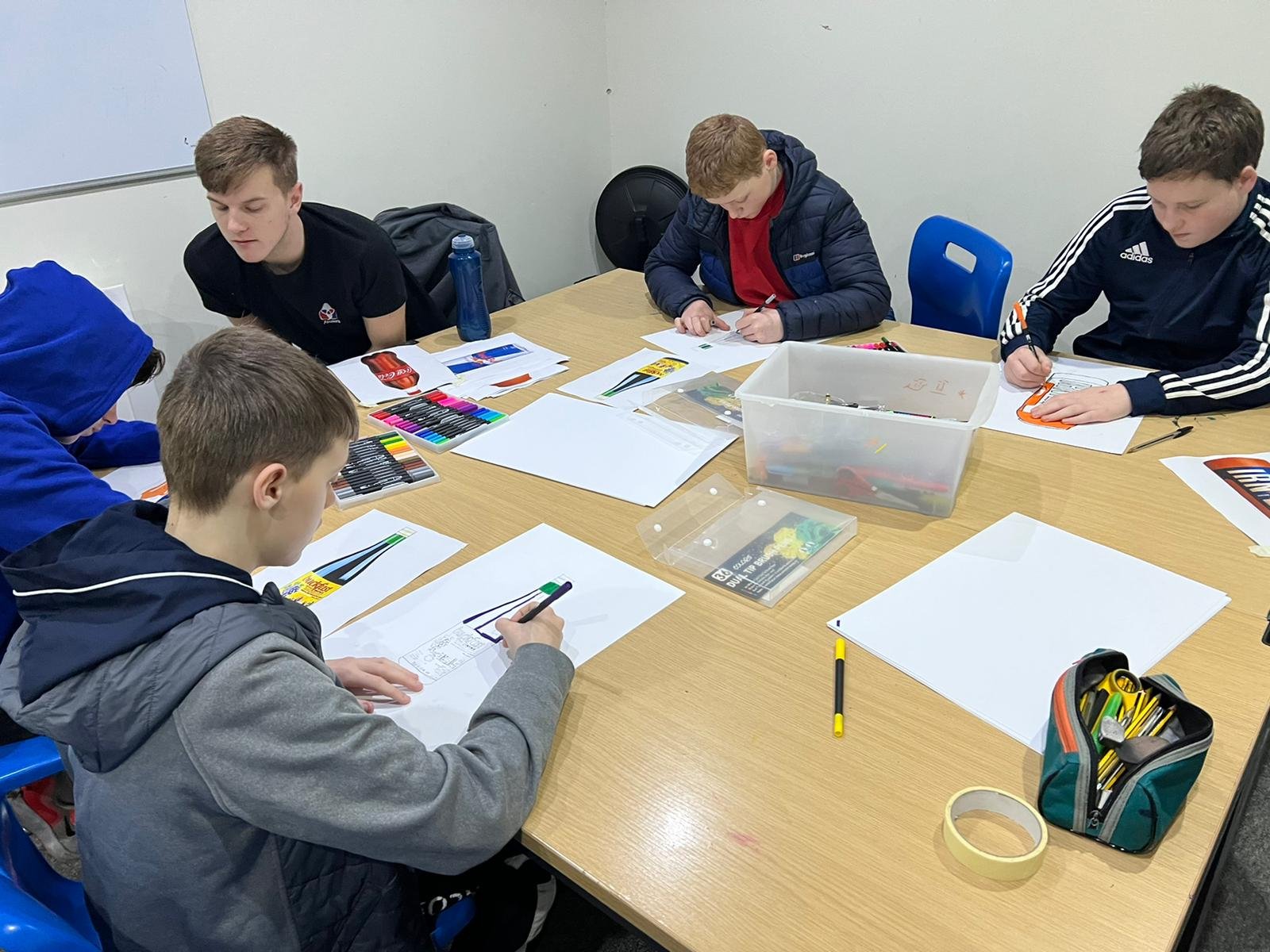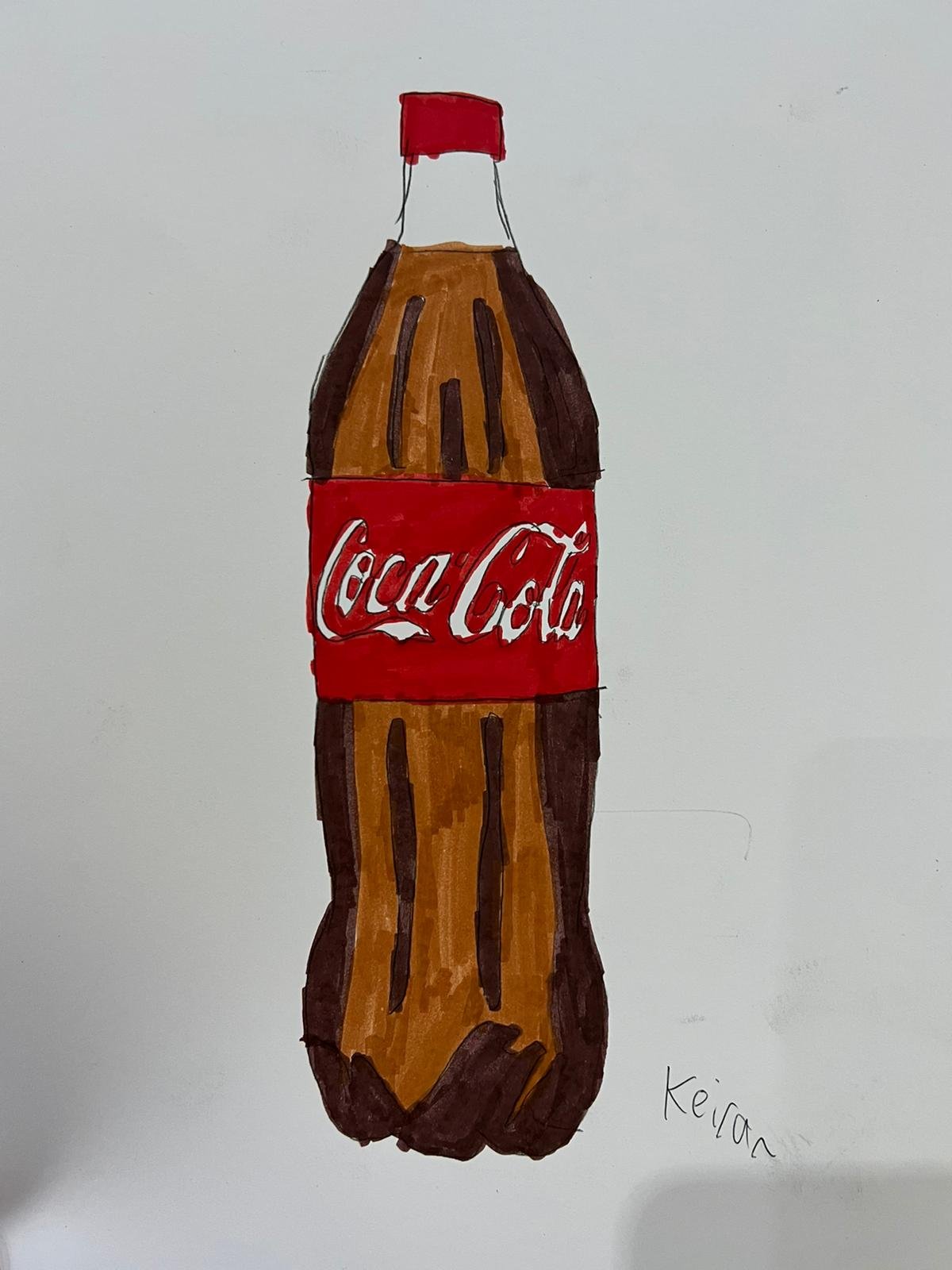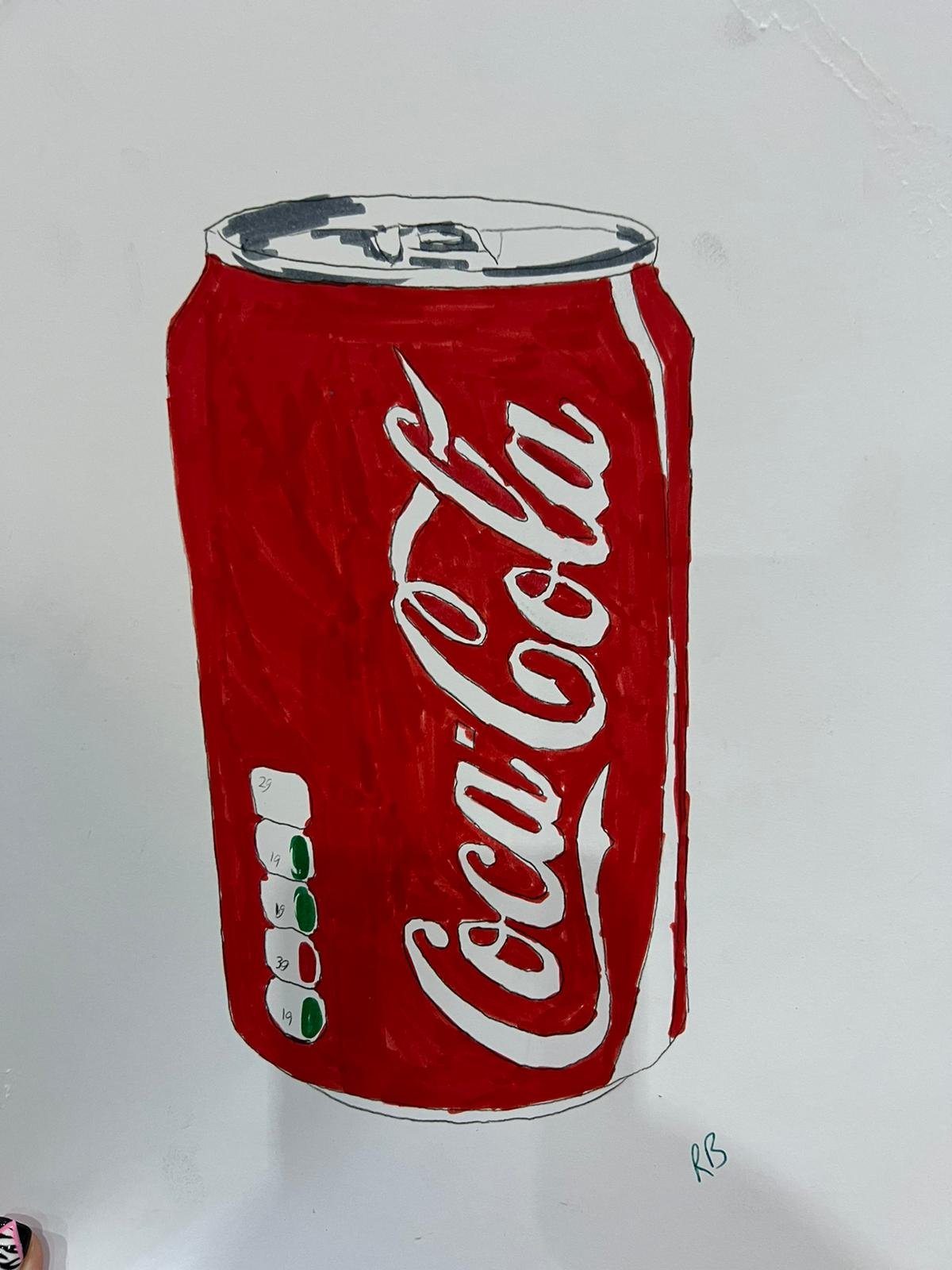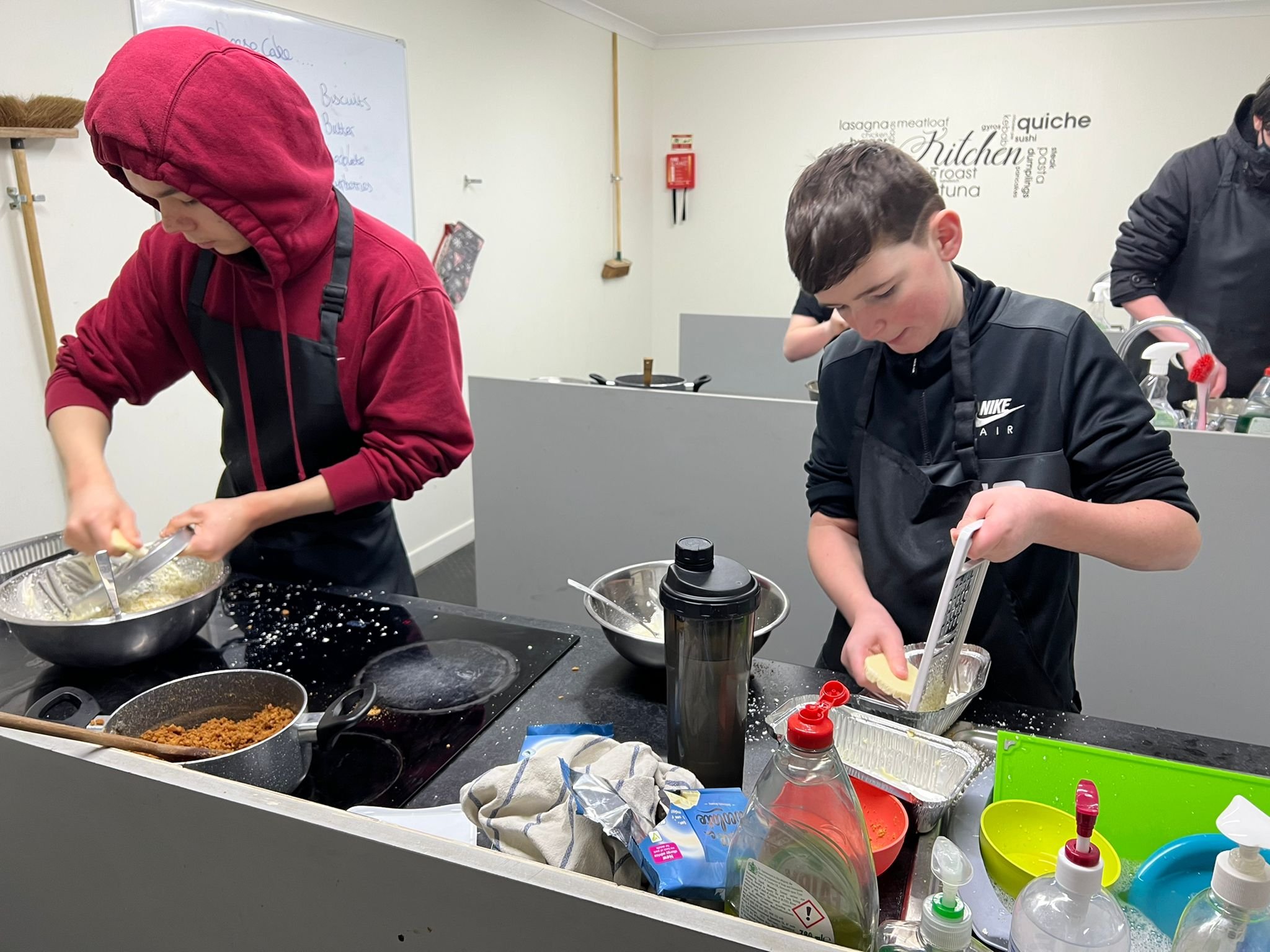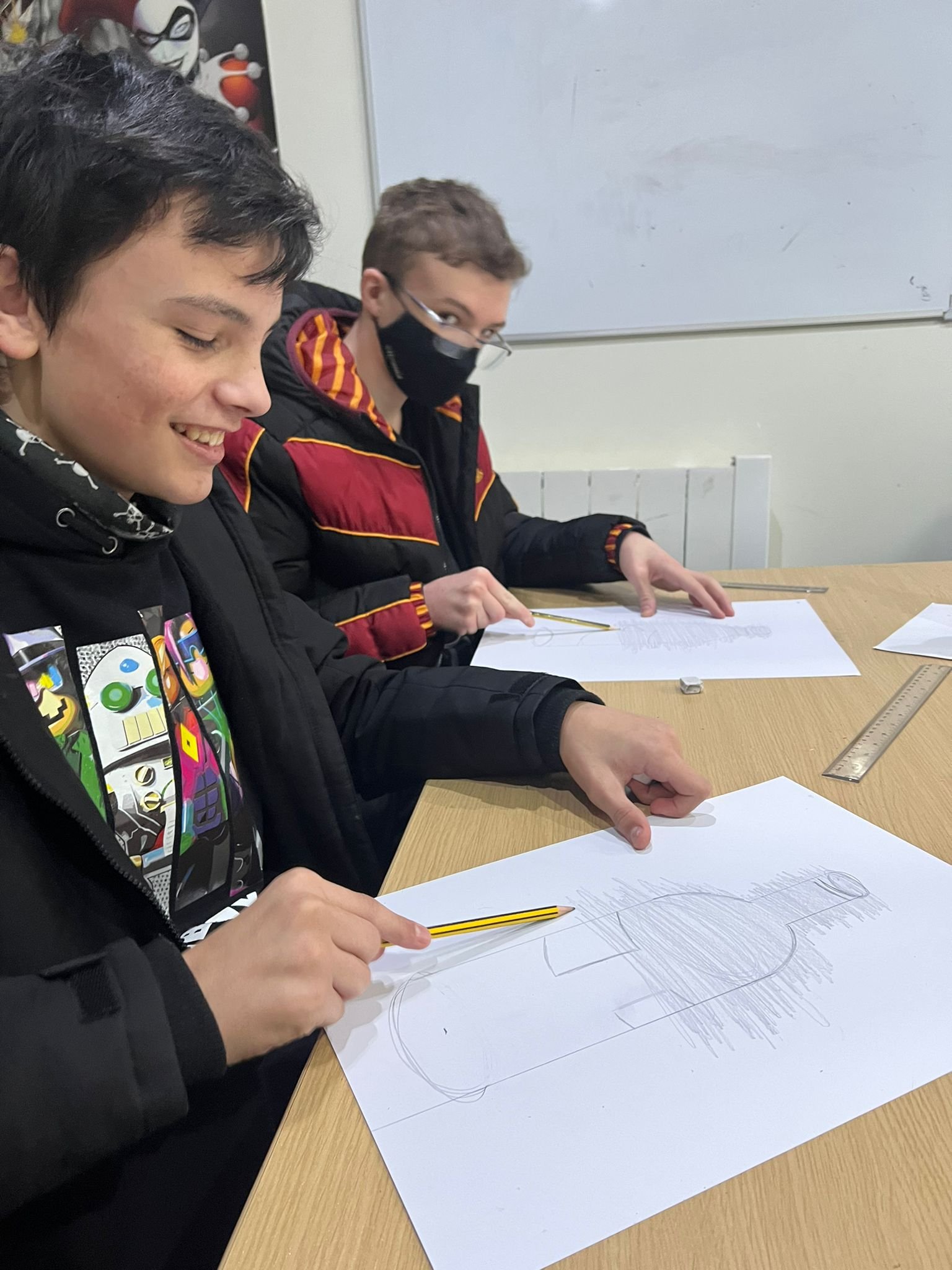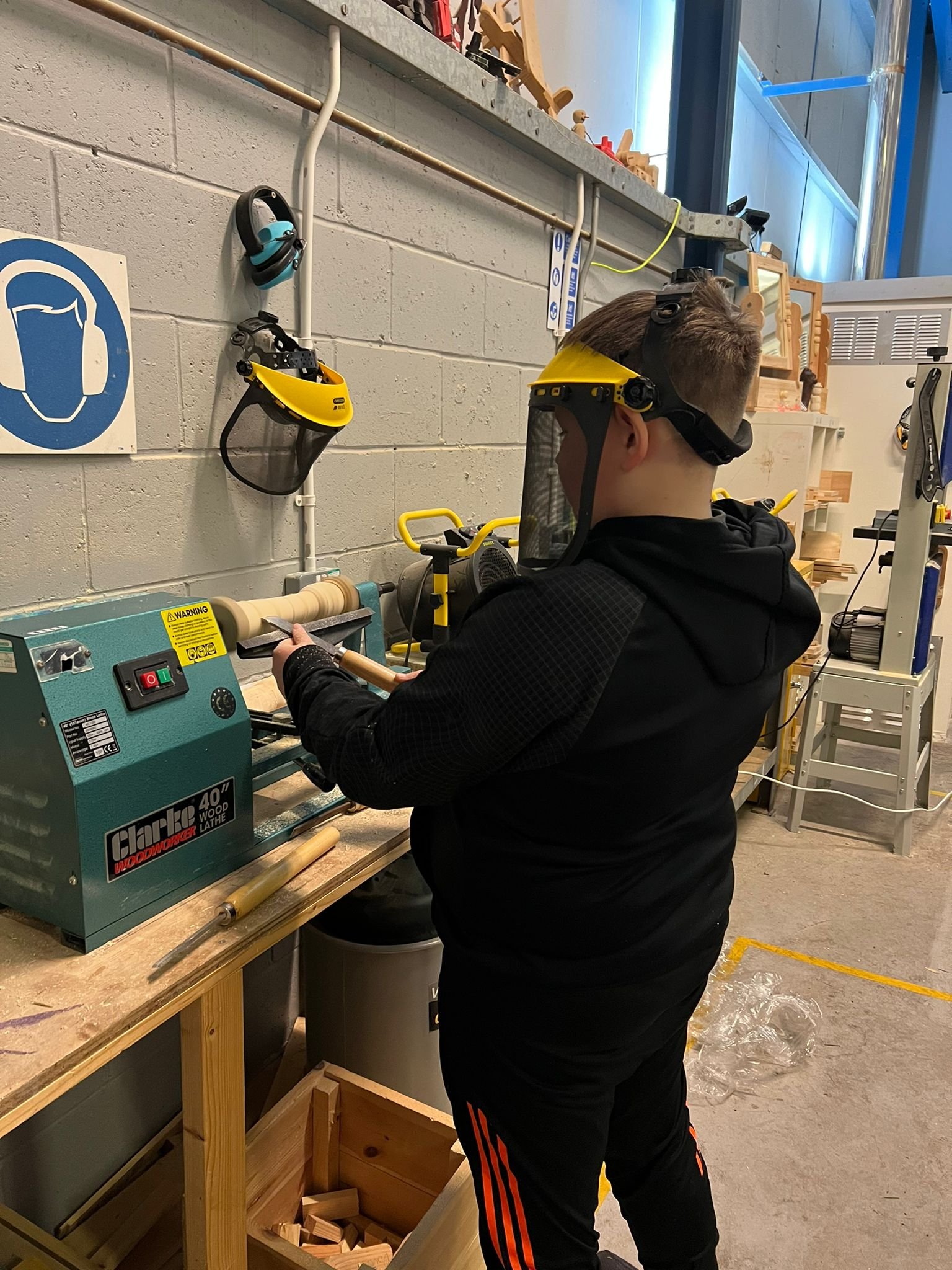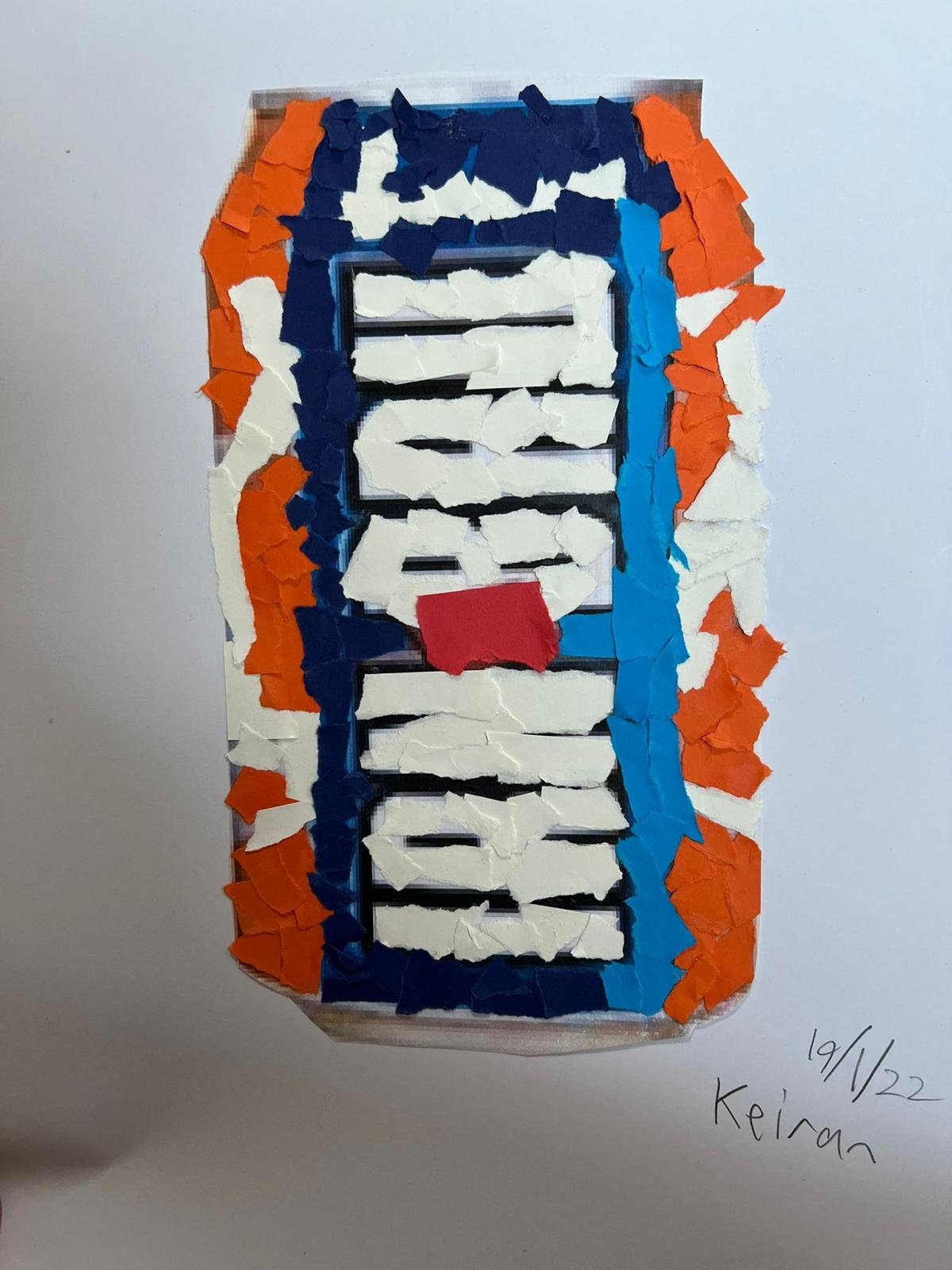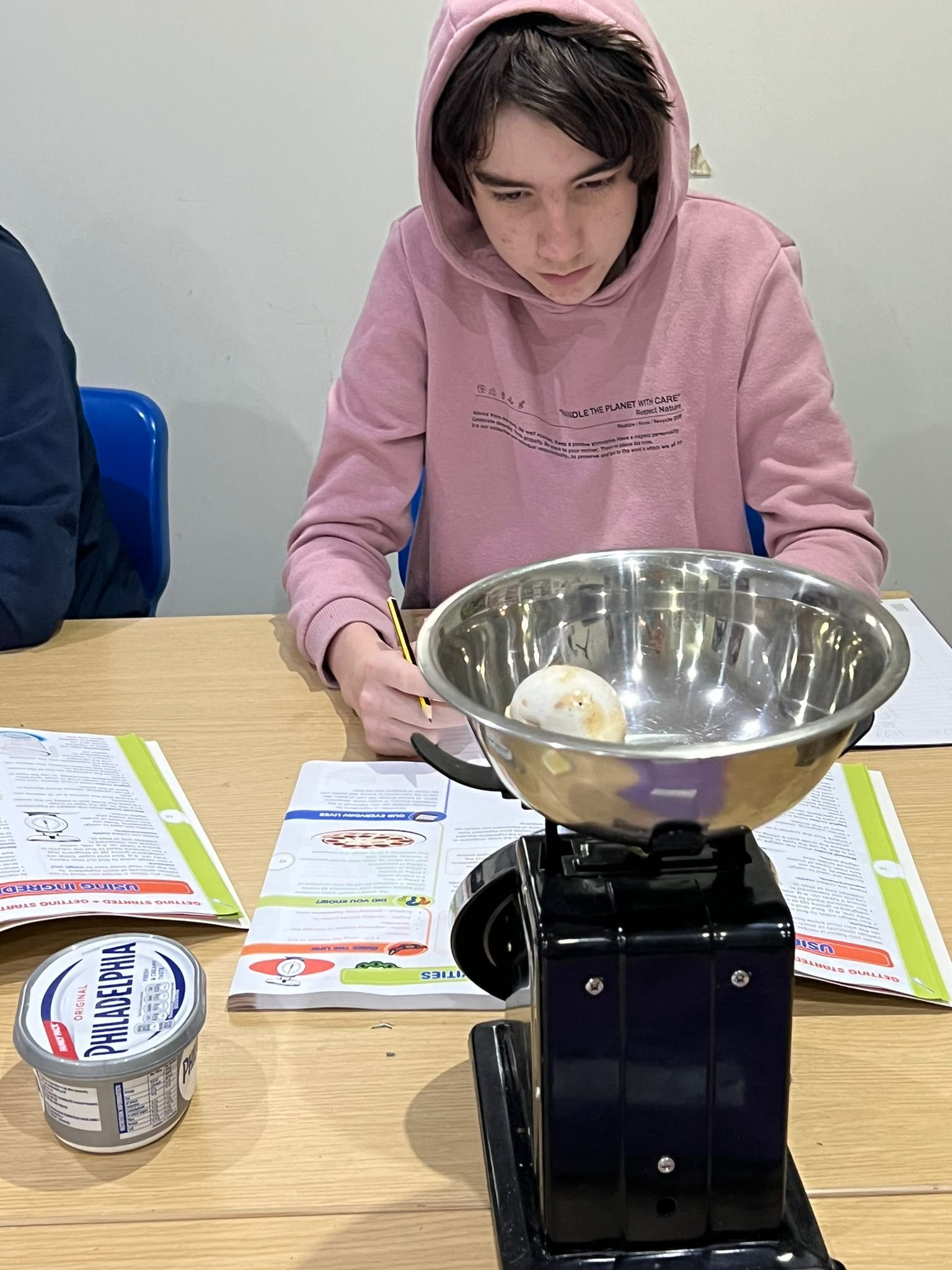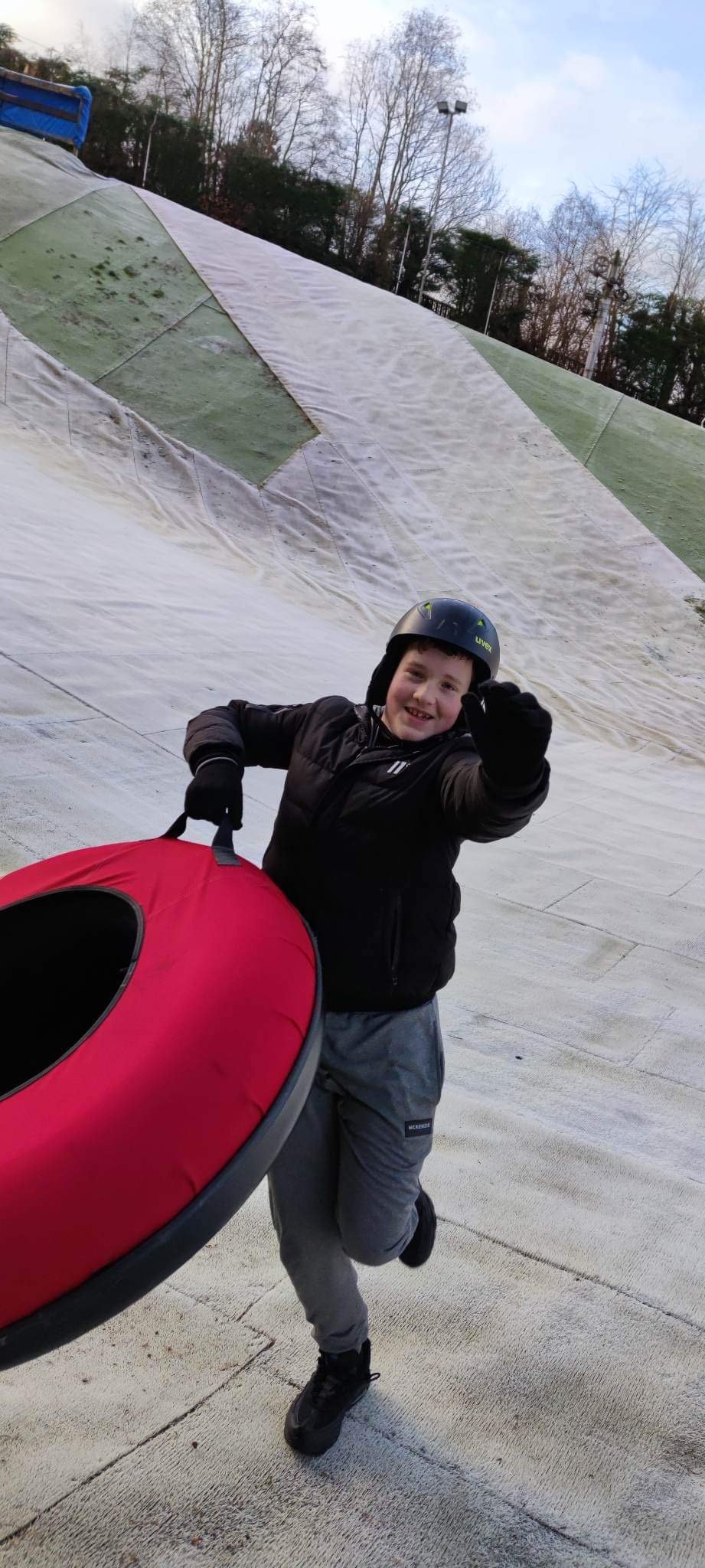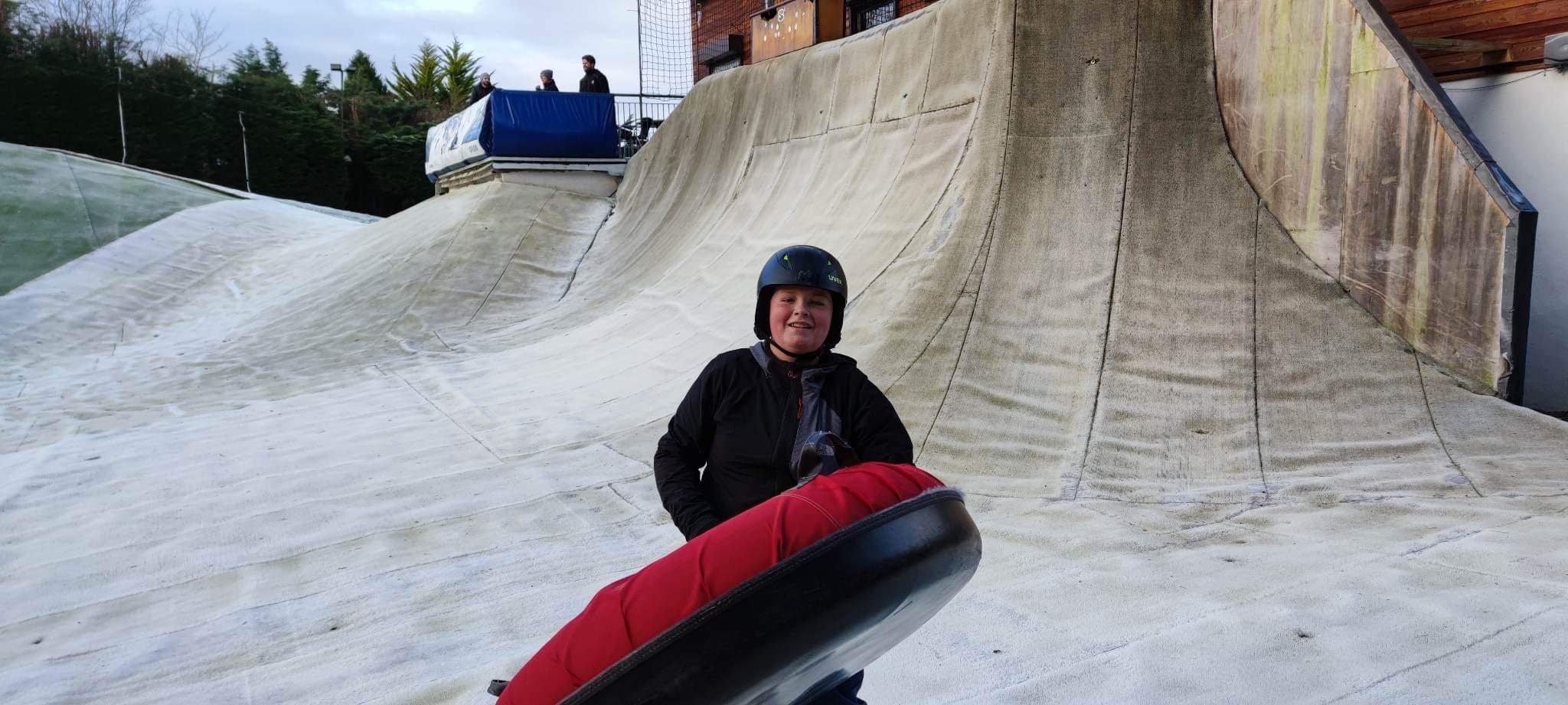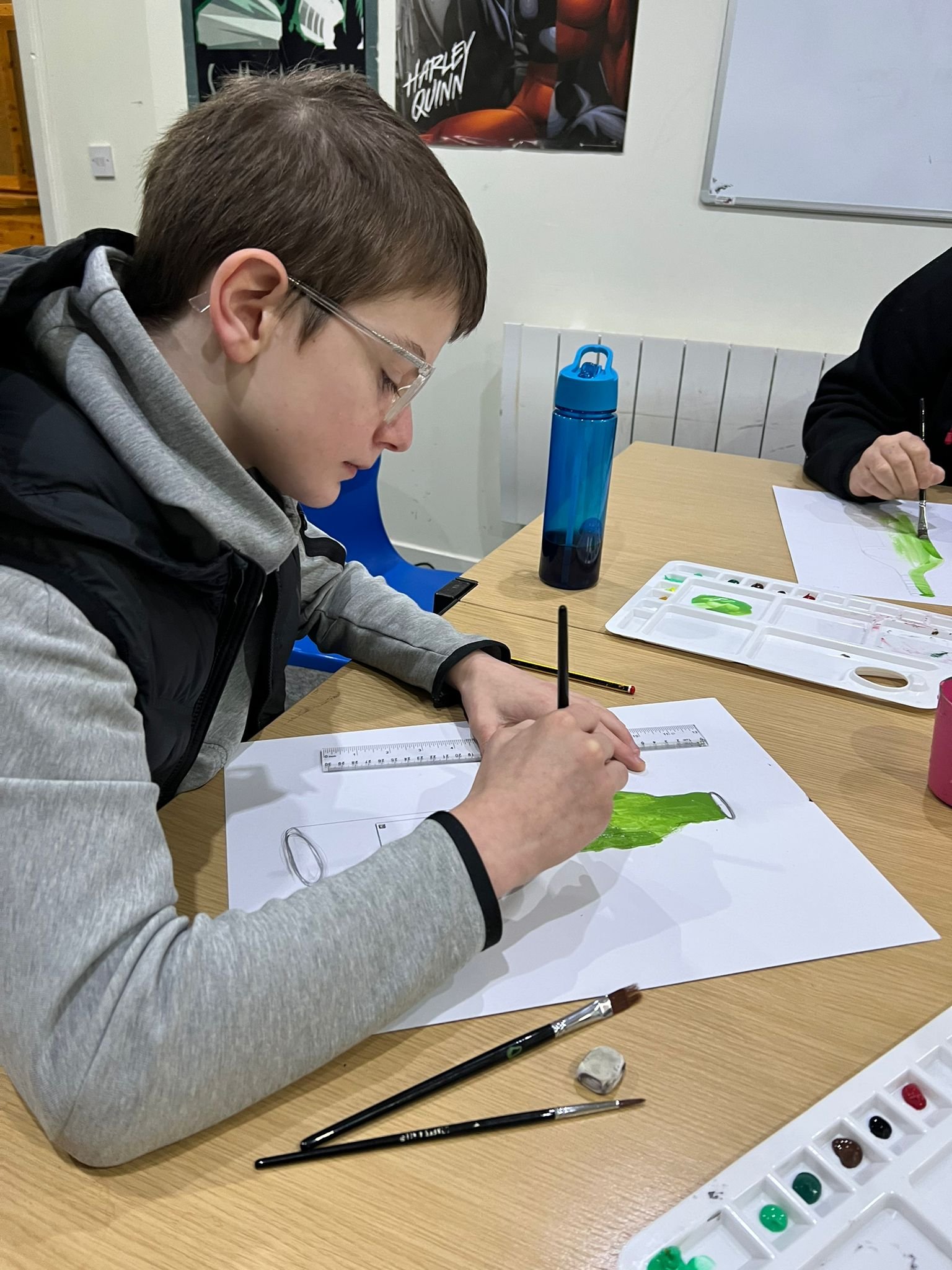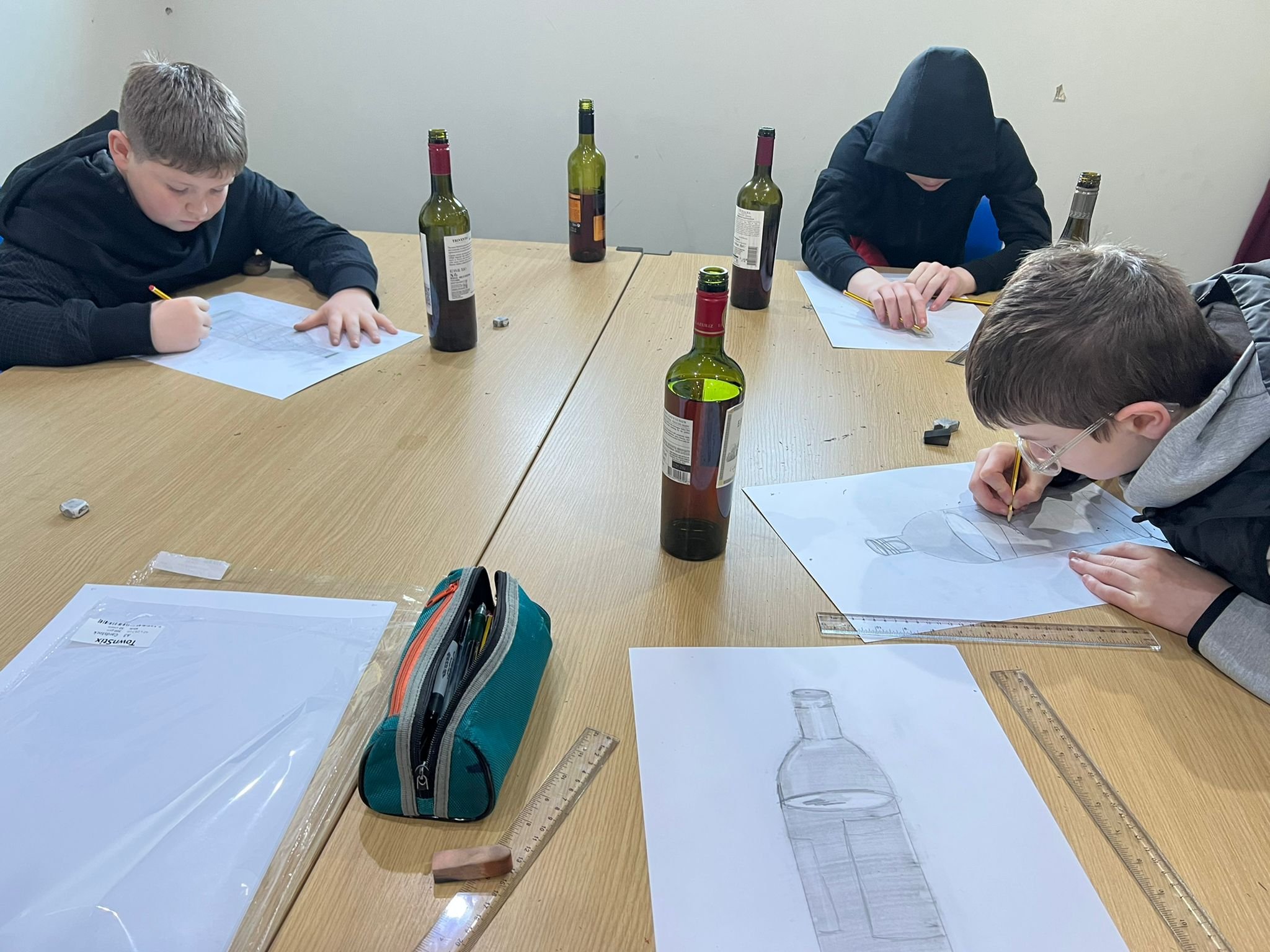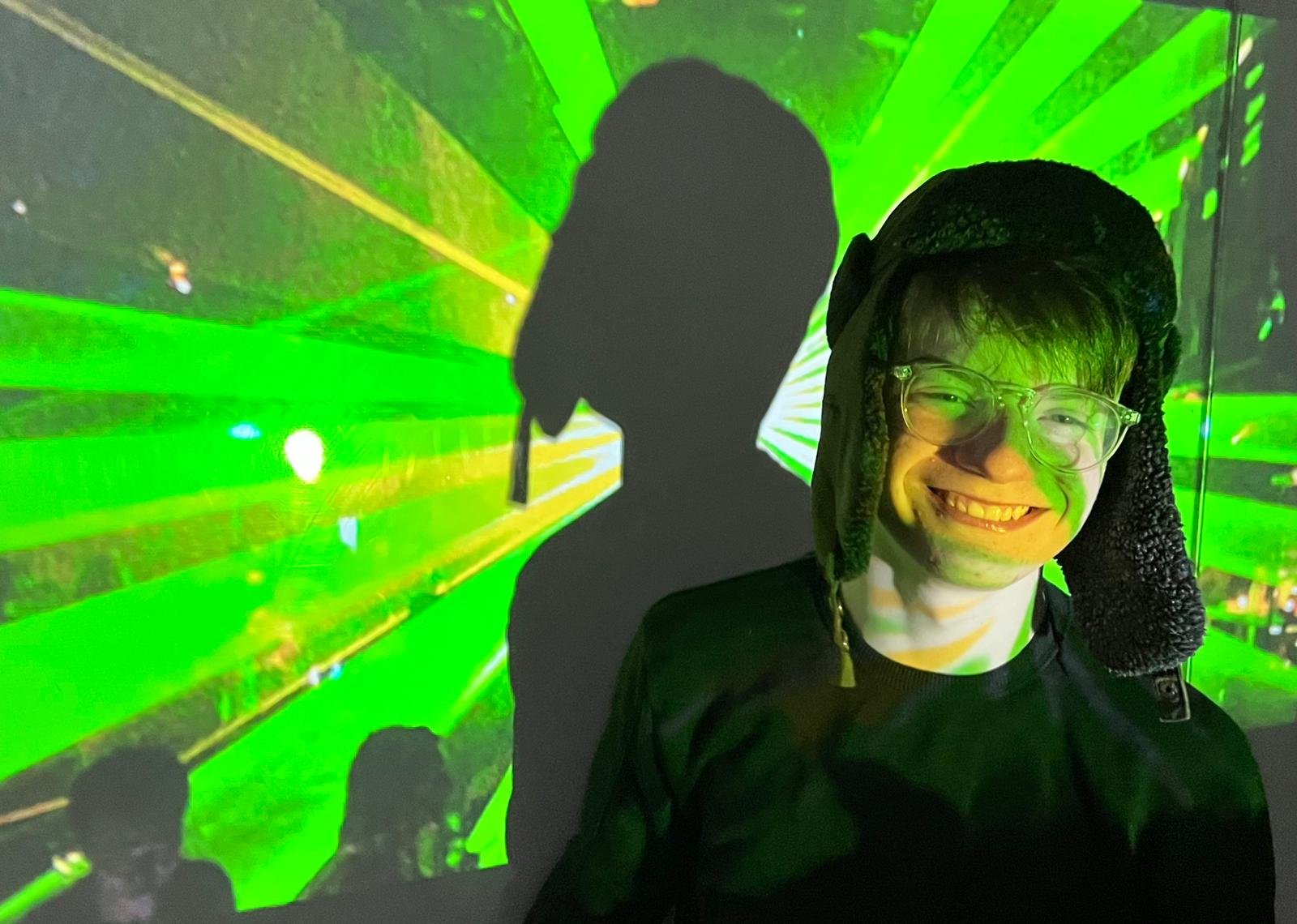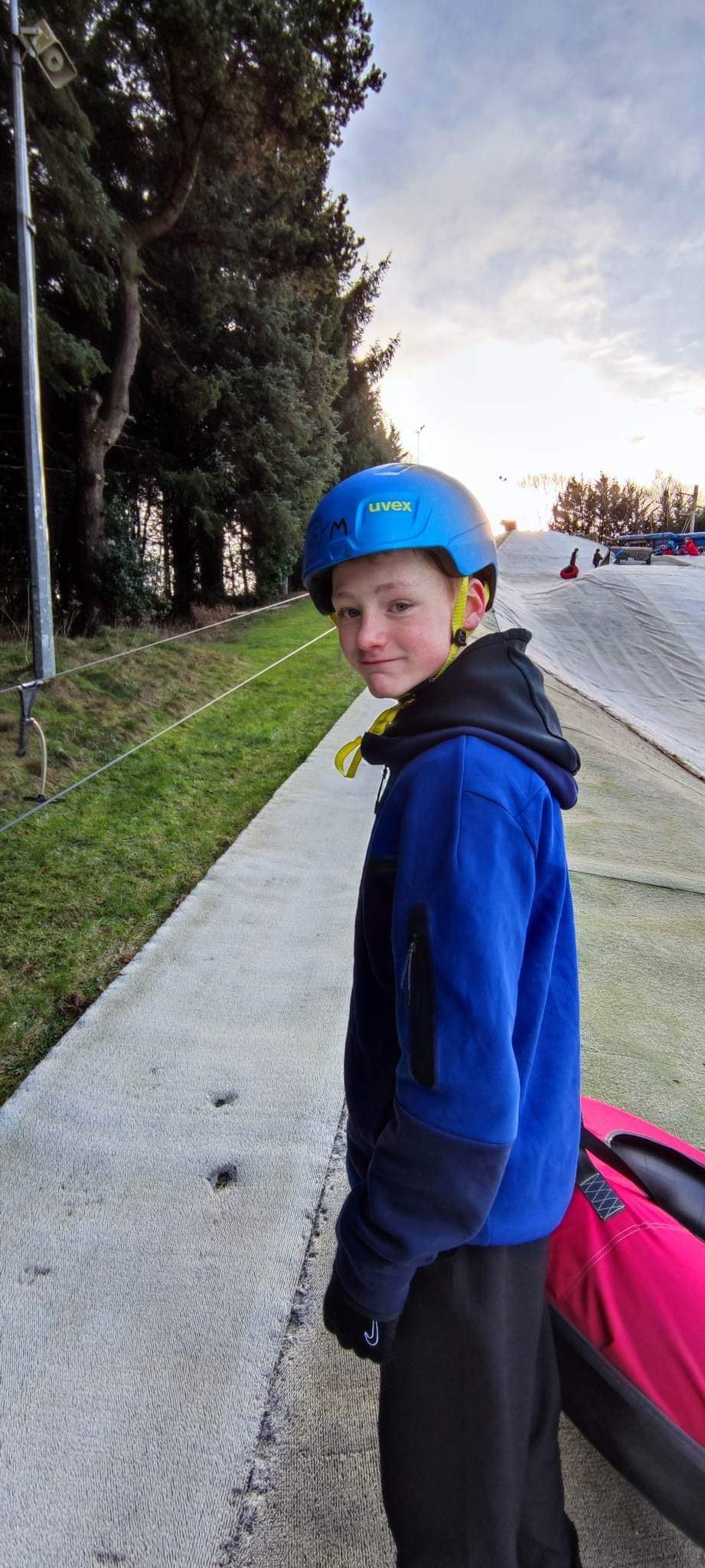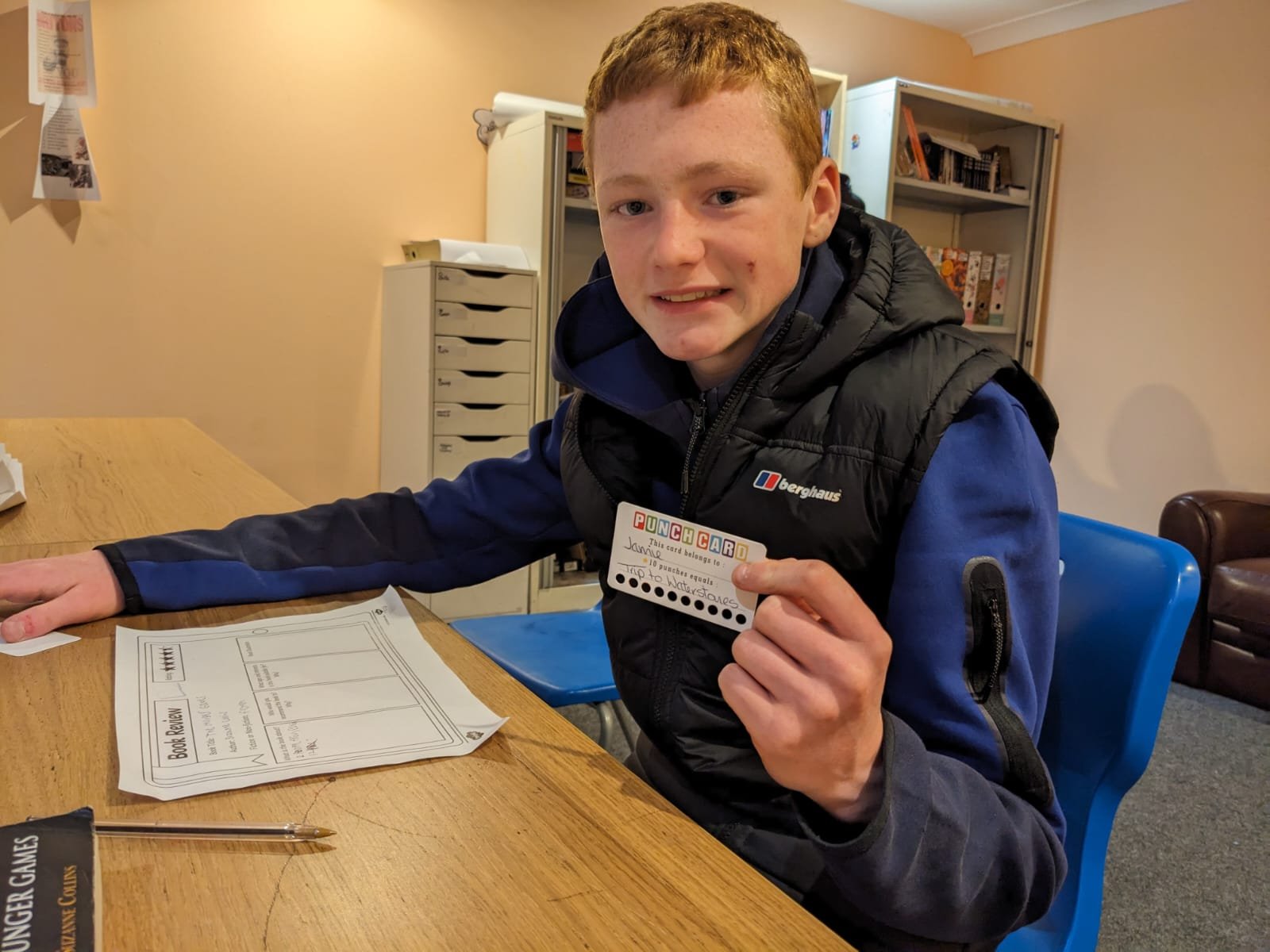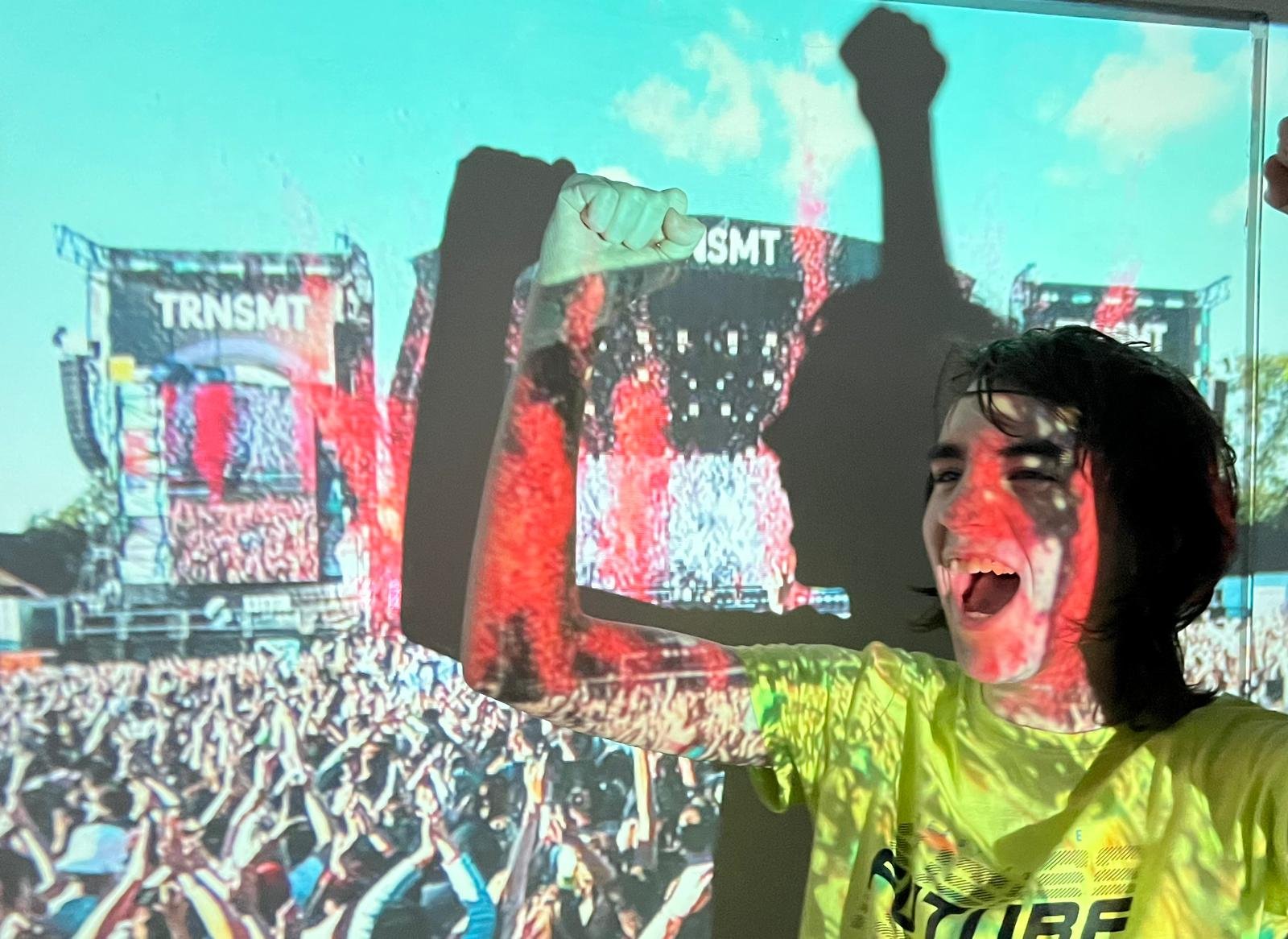English
The development of competent Literacy skills is essential and the young people to engage fully in society and in learning, through the different forms of language, and the range of texts, which society values and finds useful. Competency in Literacy is essential to successful learning.
The core teaching programme from P4 to S3 is based on the outcomes and experiences set out within the ‘Curriculum for Excellence’ framework for languages and covers listening and talking, reading and writing. Literacy is promoted throughout the whole curriculum with opportunities provided in all subjects to apply skills learned.
At Ardfern our delivery of the curriculum takes account of the need for flexibility to motivate and encourage pupils to develop to their fullest potential. To aid this computer software is available, if necessary, to support learning.
Mathematics
Maths is delivered in respect to the 3-18 Curriculum for excellence model. Maths is used in everyday activities and continues to grow and to find new uses in Science, Technology, Business and Social Life.
The introduction of Life Skills Maths (2,3,4,5) Allow the students to utilise maths in everyday contexts such as; Paying bills, Managing Wages, Saving, Time, and Shape and Measurement.
Study at National 4 & 5 level, pupils will study a more advanced level of mathematics, with the potential progression to higher mathematics. Students will study the topics stated above in addition to; Algebra, Area of Shapes, Pythagoras, and Trigonometry.
The life skills mathematics levels are arranged in such a way that there is a progression through levels of difficulty. The courses are based on real life situations as well as vocational purposes. The aim of all the levels is to increase the child’s skills and confidence gradually while introducing more difficult concepts such as Algebra and Trigonometry.
Social Subjects
History
History is delivered to pupils ranging from National 3 to 5 and Higher. The purpose of the course is to open up the world of the past for learners. By examining the past learners can better understand their communities, their country and the wider world.
Students will study three units, those being a Scottish topic, a British topic and the European and the World. Specific skills will be attached to each unit such as students feeling confident to study historical source taking into account aspects of their origin and content.
From level 4 onwards have to undertake a personal project. This may range from an essay to a report. This encourages pupils to work independently, communicate their findings and show skills and understanding acquired from previous work from earlier units in the History course.
Modern Studies
The teaching of Modern Studies is offered to students ranging from National 3 to 5 and Higher. The course aims to develop learner’s knowledge and understanding of contemporary political and social issues. The course develops in learners a greater understanding of the contemporary world and their place in it.
The subject will cover three areas, Democracy in Scotland and the United Kingdom, Social Issues in the United Kingdom and International Issues. Modern Studies is set in a classroom environment but also encourages a relaxed and comfortable settings where class discussions and debates to encourage students to express and share opinions.
Expressive Arts
Through Art & Design (National 3 and 4), learners have rich opportunities to be creative and to experience inspiration and enjoyment. They explore a wide range of two- and three- dimension media and technologies through practical activities, and create, express, and communicate ideas. Their studies of the works of artists and designers enhance their enjoyment and deepen their knowledge and understanding.
ICT
Ardfern aims to prepare pupils to participate in a rapidly changing technological society. Learning in ICT will enable students to be informed, skilled, thoughtful, adaptable and enterprising citizens.
Children develop their skills in using hardware and software in the main taught areas including word processing, spreadsheets, databases, graphics and internet and communication technologies. At Ardfern we aim to provide opportunities for students to practically apply these skills through areas such as administration and business. Students are encouraged to explore technology across the curriculum.
We promote good health and safety practice in a safe and welcoming environment. Using a variety of up to date hardware and software applications, children are encouraged to use ICT to help support studies across the curriculum.
Health & Wellbeing
Learners develop their understanding of a healthy diet, which is one composed of a variety and balance foods and drinks. They acquire knowledge and skills to make healthy food choices and help to establish lifelong healthy eating habits.
They develop an appreciation that eating can be an enjoyable activity and understand the role of food within social and cultural contexts.
Learners develop knowledge and understanding of safe and hygienic practices and their importance to health & wellbeing and apply these in practical activities and everyday routines including good oral health. They develop awareness that food practices and choices depend on many factors including availability, sustainability, season, cost, religious beliefs, peer pressure, advertising and the media. Qualifications at National 3 and 4 available in Hospitality Ð Practical Cookery.
Physical Education and Outdoor Education
Ardfern is committed to providing a balanced programme of activities to develop the child in a holistic way. In the early years we focus on the four main areas as prescribed in the Curriculum for Excellence framework.
The activities covered are; Football, Basketball, Badminton, Trampolining, Swimming, Gymnastics, Indoor games, and Outdoor games
During Third and Fourth year pupils will engage in National levels 3, 4 and 5. This allows all pupils two attain and achieve at their own level.
Work Experience
The qualification at both National 3 and 4, encourages young people to source and apply for a work experience placement. Support materials provided by Work-it, enable students to record their work electronically and work towards their transition from Ardfern. Work experience gives young people the opportunity to gain skills that are transferable to college or the workplace.All young people are given the chance to experience a work placement in their final year of school.
Technical
Woodwork / Practical craft skills
Practical craft skills and woodwork are offered at Ardfern up to national level 4.
The aims of the courses offered are to enable our young people to develop practical skills while working with a variety of materials. At the same time the young people will be honing related skills such as numeracy and thinking skills gained through their academic experience at school.
Pupils in P6 – S2 are introduced to workshop safety, tools and how to use them. They then work on set projects to make both practical and decorative items. This helps enhance their skills and self -confidence and completed project items are displayed in school or taken home to families.
Sciences
The Sciences are offered within the Curriculum for Excellence framework as outlined by the Scottish Government. Students will study a range of different topics in order to help them develop a curiosity and understanding of their environment, develop skills for life, learning, work and express opinions, make decisions on social, moral, ethical, economic and environmental issues.
The projects are designed to be progressive while also being safe and enjoyable.


